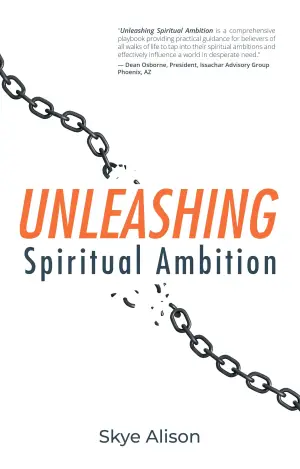Book Review: The Truth About the Drug Companies: How They Deceive Us and What to Do About It by Marcia Angell
As someone deeply invested in understanding healthcare and the intricate systems that define it, Marcia Angell’s book, The Truth About the Drug Companies, grabbed my attention like a moth to a flame. Angell’s experience as the former Editor-in-Chief of The New England Journal of Medicine provides a unique perspective that many readers will find both disturbing and enlightening. This is not just a book; it’s a revealing window into an industry that shapes our lives—often without us even realizing it.
From the outset, Angell exposes the alarming transformation of the pharmaceutical industry, morphing from innovators dedicated to improving health to vast marketing machines prioritizing profits over patient welfare. With sobering clarity, she illustrates how these corporations have manipulated research and marketing strategies, often sacrificing integrity in pursuit of financial gain. This theme resonates painfully in a society where prescription drug prices seem to escalate endlessly, leaving many, especially the elderly, in despair.
One of the most striking aspects of Angell’s writing is her ability to weave meticulous research into a narrative that reads almost like a thriller. As I turned each page, I couldn’t shake the feeling that I was uncovering a colossal conspiracy—her account of drug manufacturing, clinical trials, and lobbying practices was nothing short of eye-opening. The way she juxtaposes scientific innovation with the glaring ethical dilemmas of the industry leaves readers questioning everything they thought they knew about their medications.
Angell tackles various high-profile drugs—like AZT, Taxol, and Claritin—unpacking the murky processes that brought them to market. Her insights challenge the common narrative that high prices are essential for research and development, instead revealing that much of the budget flows toward marketing rather than meaningful advancements in healthcare. For instance, her critique of the PDUFA Act and its implications were particularly impactful, showcasing how corporate interests infiltrate regulatory systems. “The reality is that drug companies funnel the bulk of their resources into the marketing of products of dubious benefit,” she writes, a statement that lingers like an unsettling truth.
Her passion for reform is palpable, offering thoughtful and practicable solutions that stir hope amid disillusionment. Angell’s suggestions to sever the ties between drug companies and medical education or restore impartiality to clinical research are not just necessary; they are imperative. It’s a call to action that stirred my own sense of responsibility toward advocating for change in the industry.
Who should read this book? Frankly, anyone who believes in the future of healthcare—patients, caregivers, and even those working within the medical field. Angell’s work sheds light on the essential reforms our system desperately needs, making it an invaluable read. This book serves as both a warning and an invitation to better understand the forces that influence our health.
After closing the final chapter, I found myself reflecting on my own experiences navigating the healthcare system. Angell’s revelations may have shaken some of my beliefs, but they also ignited a desire to be more informed and active in advocating for ethical practices in medicine. If you’re ready for an unfiltered glimpse into the realities of the pharmaceutical world, I wholeheartedly recommend The Truth About the Drug Companies. Prepare to be informed, challenged, and inspired to take action!
You can find The Truth About the Drug Companies: How They Deceive Us and What to Do About It here >>


















